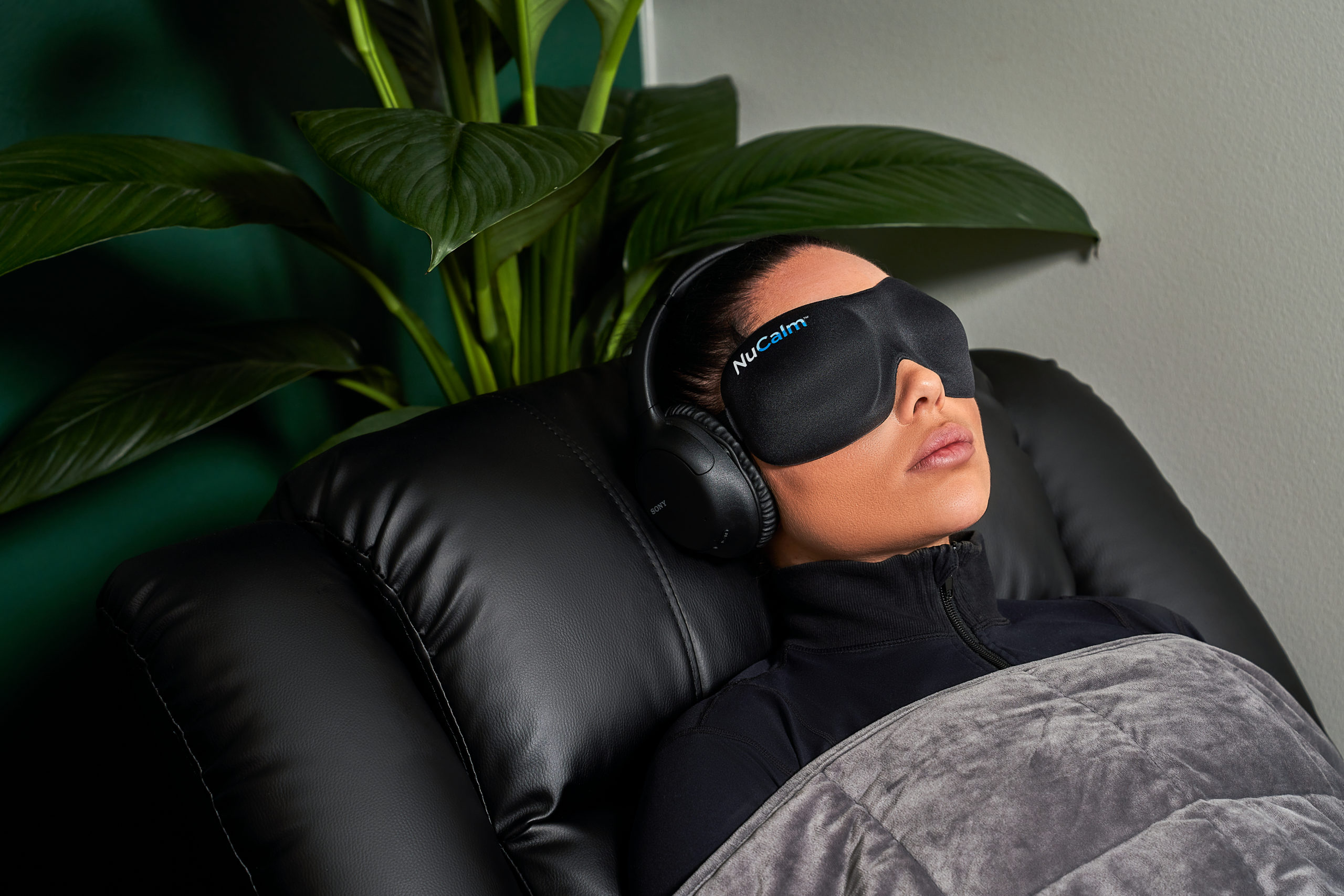Burnout: The Silent Epidemic in Our Workplaces
You’ve probably heard of “burnout,” but what does it really mean? It’s not just feeling overworked or needing a vacation. Burnout is a much more serious condition that can have significant impacts on our physical and mental health. It’s like running a car engine at high speed for too long. Eventually, the engine will overheat and break down. That’s burnout.
The Red Flags: Are You Burning Out?
Imagine your body and mind sending you signals, like warning lights on a car dashboard. Here are some of these “warning lights” indicating you might be heading towards burnout:
- Emotional Exhaustion: This isn’t just feeling tired. It’s a deep sense of being emotionally drained, as if your emotional batteries are not just low, but completely depleted.
- Cynicism and Detachment: It’s when your usual enthusiasm turns into a feeling of ‘meh.’ You might start feeling disconnected from your work, colleagues, and even your own values.
- Feeling Ineffective: Remember how you used to feel competent and successful? Burnout can make those feelings slip away, replaced by a sense of futility and lack of achievement.
Turning the Tide: How to Combat Burnout
Now, let’s talk about flipping the script. How can we combat burnout? It’s not just about taking a break; it’s about rewiring our approach to work and life.
- Check-In With Yourself: Tools like the Copenhagen Burnout Inventory are like a personal diagnostic test. They help you pinpoint where the problem areas might be in your relationship with work.
- Mind-Body Connection: Stress management isn’t just a buzzword. It’s about practices like mindfulness, meditation, and even deep breathing exercises. These are not just relaxing – they’re scientifically proven to reduce stress. At Recovery Lab we have a suite of proven modalities to help combat stress.
- Lifestyle Overhaul: We’re talking about the basics here – exercise, nutrition, sleep, recovery. It’s incredible how these foundational elements can bolster our resilience against stress.
- Boundaries: This is crucial. Learning to say ‘no’ can be empowering. It’s about respecting your time and energy.
- Reach Out: Talking to someone, whether it’s a professional therapist, a colleague, or a friend, can provide new perspectives and coping strategies.
A Call to Action for Employers
Employers, listen up! You play a key role in preventing burnout. Here’s what you can do:
- Manage Workloads: Keep an eye on your team’s workload. An overloaded team is a burnt-out team.
- Support Systems: Offer resources like counseling services and stress management workshops. These aren’t perks; they’re necessities.
- Encourage Breaks: Regular breaks are not just for relaxation. They’re essential for mental and physical rejuvenation.
- Foster Community: A supportive work environment can make a world of difference. It’s about creating a culture where employees feel valued and supported.
Final Thoughts
Remember, burnout is not just an individual issue; it’s a societal one. By understanding its signs and taking proactive steps to address it, we can create healthier, more productive workplaces and lives. Let’s not wait until the engine overheats. Let’s start taking care of it today.
there are resources available for anyone needing to talk about mental health concerns or seeking support for burnout and related issues. These services provide confidential and professional support, accessible to all Australians.
Head to Health: You can call Head to Health on 1800 595 212 for advice and to connect with local mental health services. This service provides information on navigating the mental health system and finding the right help.
Beyond Blue: Beyond Blue offers 24/7 brief counselling. You can call them at 1300 22 4636 for a free, confidential conversation with a counsellor. They also offer an online chat service for those who prefer typing over talking.
Lifeline: Lifeline provides 24-hour crisis counselling, support groups, and suicide prevention services. You can reach them at 13 11 14, or text at 0477 13 11 14. They also have an online chat option.
Kids Helpline: Specifically for young people aged 5 – 25, Kids Helpline offers free 24/7 confidential and private counselling. You can call them at 1800 55 1800.
MensLine Australia: A dedicated service for Australian men, MensLine offers professional telephone and online counselling. Contact them at 1300 78 99 78, available 24/7, or use their online chat or video chat services.
MindSpot: MindSpot is a free telephone and online service for people dealing with anxiety, stress, low mood, or depression. They offer online assessment and treatment for these conditions. Call them at 1800 61 44 34.
QLife: QLife provides telephone and web-based services for LGBTIQ+ peer support and referral on various issues, including sexuality and identity. They are available at 1800 184 527 from 3 pm to midnight, 7 days a week.
PANDA (Perinatal Anxiety & Depression Australia): PANDA supports individuals and families affected by anxiety and depression during pregnancy and the first year of parenthood. Contact them at 1300 726 306, available from 9 am – 7:30 pm AEST, Monday to Friday.
SANE Australia: SANE provides support for anyone in Australia affected by complex mental health issues. Call them at 1800 187 263, available from 10 am – 10 pm AEST, Monday to Friday, or chat online.
Suicide Call Back Service: For 24/7 support if you or someone you know is feeling suicidal, contact them at 1300 659 467.
Open Arms – Veterans and Families Counselling: This service offers free and confidential counselling to anyone who has served at least one day in the ADF, their partners, and families. Call them at 1800 011 046.







